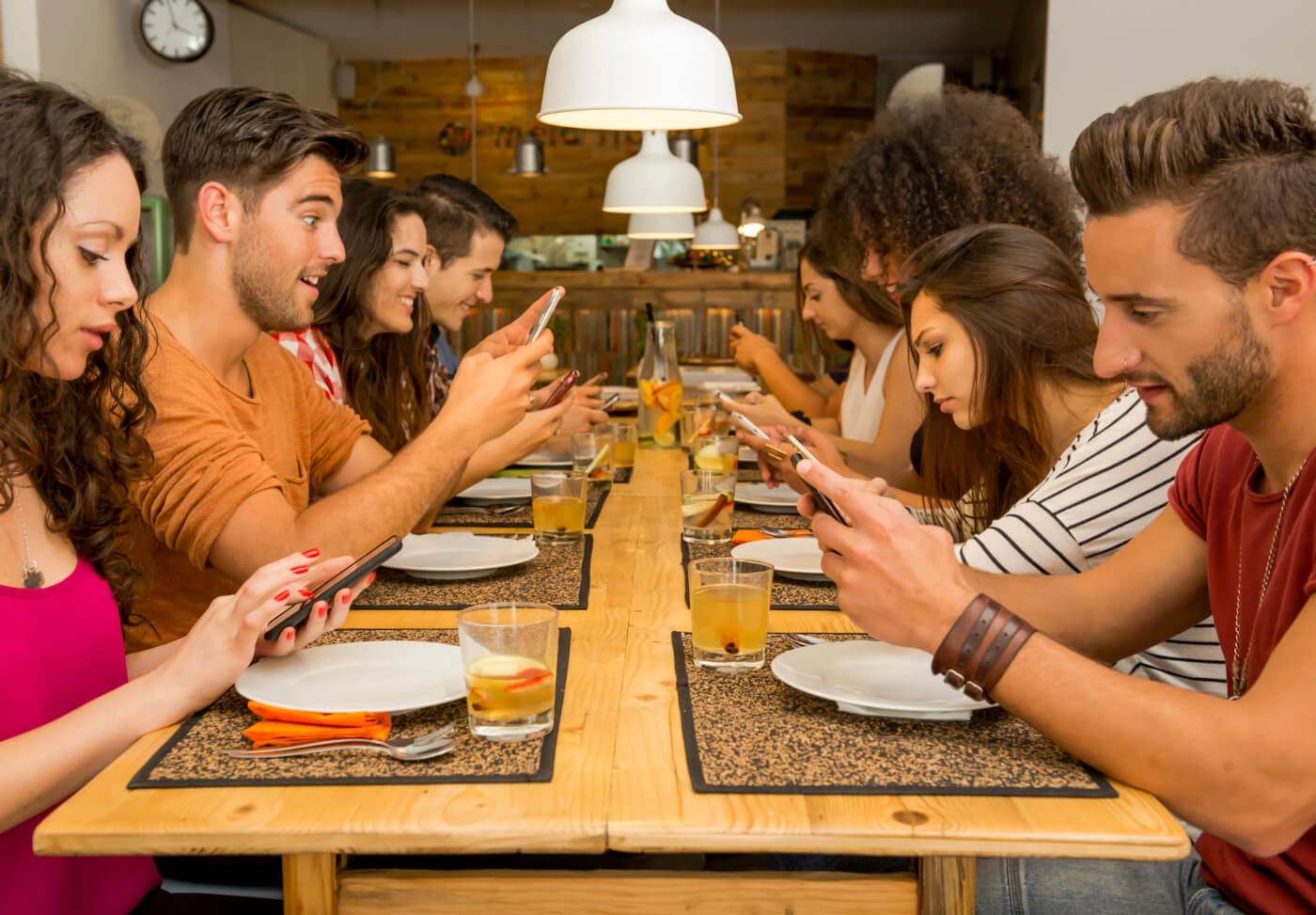I wake up. Check Twitter for some funny or zeitgeist news information. Watch YouTube analysis of said news or a funny YouTube clip a friend sent me. I post a review I write to Facebook/Instagram. I listen to Spotify Podcasts on the way to work, and I’ll watch some movies on Netflix to end my day. Much of my daily routine is built around a series of social media interactions, mostly good. But are they? The Social Dilemma certainly gives me a little pause at how quickly I’m going on my phone to do something, and if it’s really my decision at all.
The focus of The Social Dilemma is precisely that. A series of whistleblowers who have worked for these big tech firms talk about the strategy and methodology behind the algorithms driving use on these social media platforms. Dramatically, Skyler Gisondo, Kara Hayward, and Vincent Kartheiser act out a hypothetical scenario described by these whistleblowers to show the consequences of the companys’ decision making.
The case made in The Social Dilemma should confirm some things you already knew, but couldn’t specify in words. Essentially what all these whistleblowers say is: these social media platforms are incentivized by advertising to be as addictive as possible in order to sell you things, meaning the algorithms are designed to keep you coming back on these platforms. Those notification buzzes from apps that I use are like dopamine addictions a drug user would get from their latest fix. How do you keep people coming back? Why, by letting them know what they’re missing! Did you know your ex girlfriend posted for the first time in a while? Check out this sick post you made on your vacay a year ago! Already, pretty sinister right? But think about who’s investing/funding these companies, and maybe what their goals may be. What if gun sales companies insist Facebook scare the sh*t out of you with scary posts, then follow that up with their gun ad? What if a government regime starts investing in the platform to say, push propaganda to women between 45 and 55 years old? These things all happen today as The Social Dilemma points out, and have led to truly awful consequences, like a genocide attempt in Myanmar.
One of the smartest things the doc does it put a mini narrative story in between the talking heads. This shows how easy it is to radicalize an impressionable kid. Algorithms are by their nature pretty hard to understand if you’ve never heard or work with them. The Social Dilemma turns the algorithm in their little narrative into a literal person, humanizing the algorithm by making it a person with a brain (the brain in this case is just the code of the algorithm). This strategy makes it possible for people to see how good these algorithms are at making us addicted to their social media platforms, almost like they are a faceless Bond villain of some kind. That addiction takes the place of human interaction, making the algorithm give teens and preteens a sense of isolation and FOMO (teen suicide has been escalating since 2011 after remaining relatively constant, when teens started getting social media on their phones). That reliance on the apps then allows the advertisers to get their advertisements into isolated, angry teens. Say, some political propaganda? Maybe a gun? The confused kid then dives deeper into the apps, which feed him only stuff he wants to hear, not any sort of objectivity or perspective, further radicalizing them. Oh, and then a meeting of radical groups is taking place near me? This dramatization helps The Social Dilemma drive home its message and make it relatable to every person.
After watching The Social Dilemma, I turned off all the notifications from all my apps. I figured I can spend 20 minutes taking the power back in my life a little, and not let these sites I use to connect with people alter my mindset to try to sell me something. As the doc says, this behavior is learned, but we can unlearn it if we care to. I hope you all consider doing the same, it’s emotionally freeing!

